
Greetings from OIL SPILL Project Manager Jarmo Malmsten!
Had the pandemic not happened, Project Manager Jarmo Malmsten would probably be making the last arrangements for the final conference now in …

Had the pandemic not happened, Project Manager Jarmo Malmsten would probably be making the last arrangements for the final conference now in …
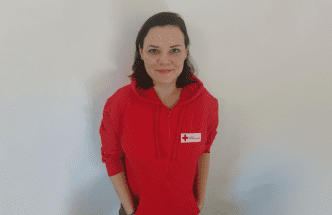
Recently, a tip about an online training Volunteer Management in Oil Spill Response by Chris Miles and Oil Spill Response Ltd was shared on our OIL SPILL mailing list. At the Lithuanian Red Cross, we are only becoming involved in oil spill response, and participation in such an event was very useful and timely. The overall picture of the oil spill response improved, and I also learned several crucial, more specific issues on the topic…
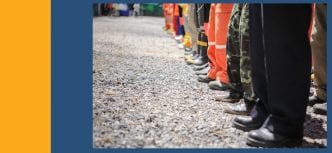
In 2020, DCPL started a new project called Island preparedness. There are several points of convergence and possibilities to collaborate with OIL SPILL. Read more!
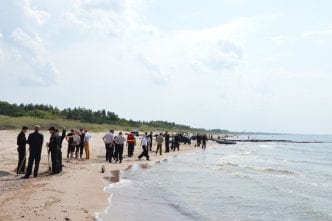
Two years ago, the Fire and Rescue Department of Lithuania, and especially the Klaipeda Board (FRD Klaipeda board), was pleased to receive an invitation to participate in the OIL SPILL project. This is a great opportunity to hold large-scale exercises, invite experts and observers from other countries, and assess the strengths and weaknesses of the responsible authorities.
This autumn, Östra Götaland Fire and Rescue Service has been planning a national oil protection conference with the Swedish Civil Contingencies Agency, Coast Guard, Swedish Maritime Administration, County Administrative Boards, and Swedish Environmental Protection Agency. The conference will take place digitally this week, on the 26th and 27th of November. The focus is especially on the changes in the risks in the Baltic Sea, costs of the environmental damage, and places of refuge.
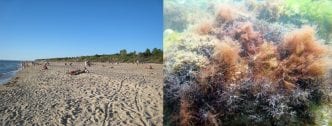
The coasts of the southeastern Baltic Sea form unique landscapes along the shores of Poland, Kaliningrad Oblast (Russia), Lithuania, and Latvia. The flat sandy beaches, protective dune ridges, and nearshore sandy spits are attractive resources for human recreation and valuable wildlife habitats.
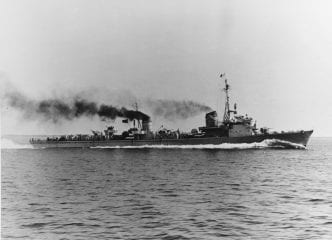
When thinking about marine oil spillages, some recent accident is likely to come to mind. The statistics concerning shipping show that more than half of the oil spills are caused by collisions and groundings, followed by hull or equipment failures and fires-explosions. In recent decades, also awareness about oil pollution from sunken wrecks has increased.
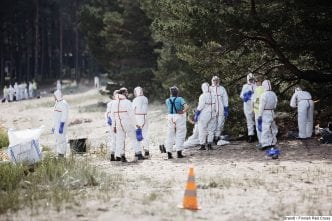
Coastal oil spill response is an arduous long-term operation. Voluntary oil spill response capability is critical in achieving optimal results and minimizing …
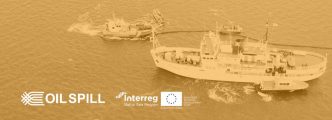
The prolongation of the OIL SPILL project duration by six months has been accepted. Thus, the implementation phase of the project will last until 31 December 2021. For Project Manager Jarmo Malmsten, the prolongation decision was very welcomed.